Common Causes of Sexual Dysfunction: Understanding the Issues That Affect Intimacy
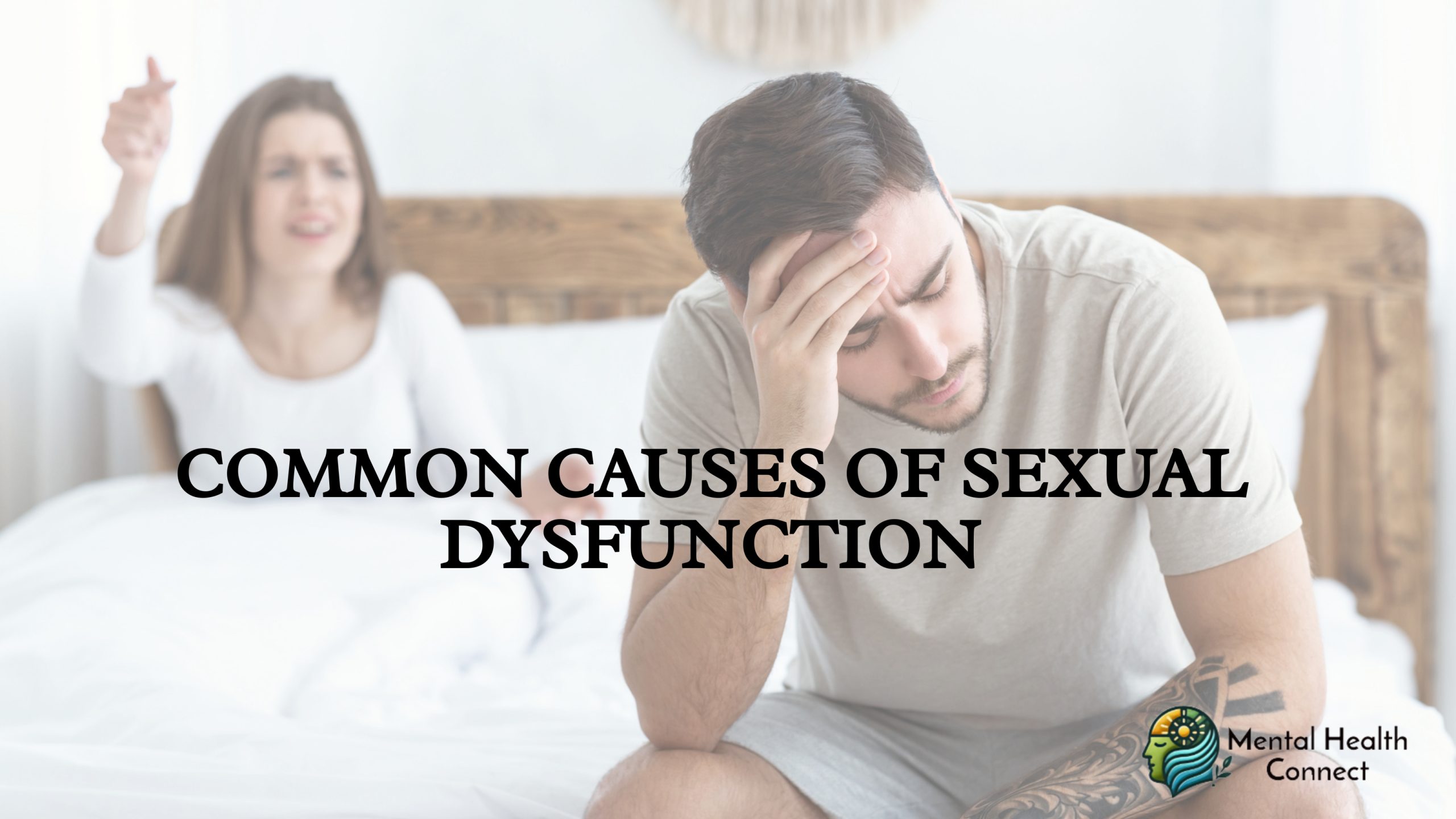
Sexual dysfunction affects millions worldwide, impacting relationships, self-esteem, and quality of life. Understanding the common causes of sexual dysfunction is the first step toward addressing these concerns and finding effective solutions. These issues can be physical, psychological, or relationship-based, affecting people of all genders and ages, though they often manifest differently according to individual circumstances and biology.
What Is Sexual Dysfunction?
Sexual dysfunction refers to problems that prevent individuals or couples from experiencing satisfaction from sexual activity. These issues can occur during any phase of the sexual response cycle desire, arousal, orgasm, or resolution and may cause significant distress, frustration, and strain on intimate relationships. For many, these challenges can feel isolating, though they’re remarkably common.
Types of Sexual Dysfunction
For Men:

- Erectile dysfunction
- Premature ejaculation
- Delayed ejaculation
- Low libido (reduced sexual desire or interest)
- Retrograde ejaculation
For Women:
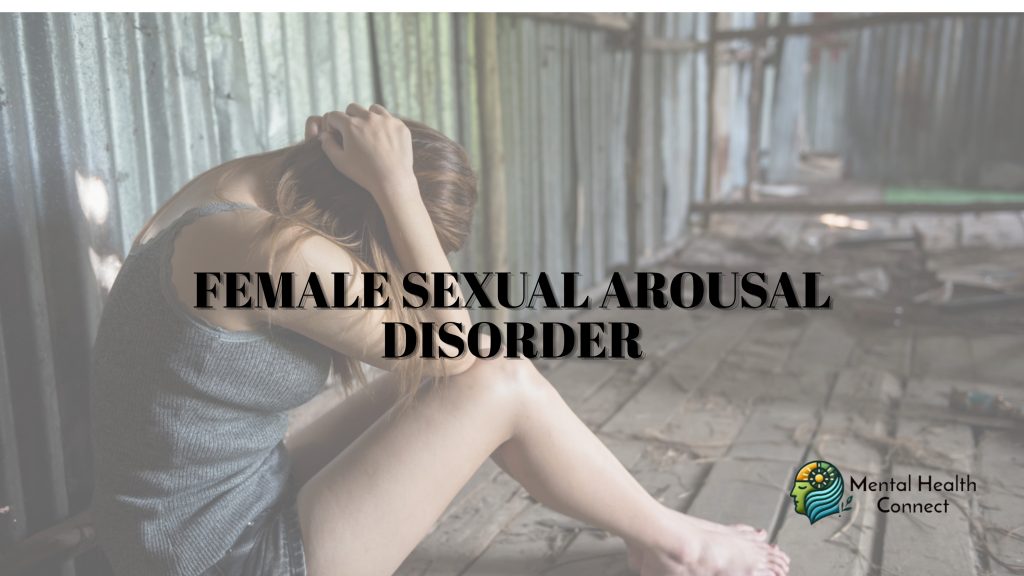
- Low sexual desire or hypoactive sexual desire disorder
- Female sexual arousal disorder
- Orgasmic disorder
- Pain during intercourse
- Vaginismus
- Vulvodynia (chronic vulvar pain without an identifiable cause)
Physical Causes
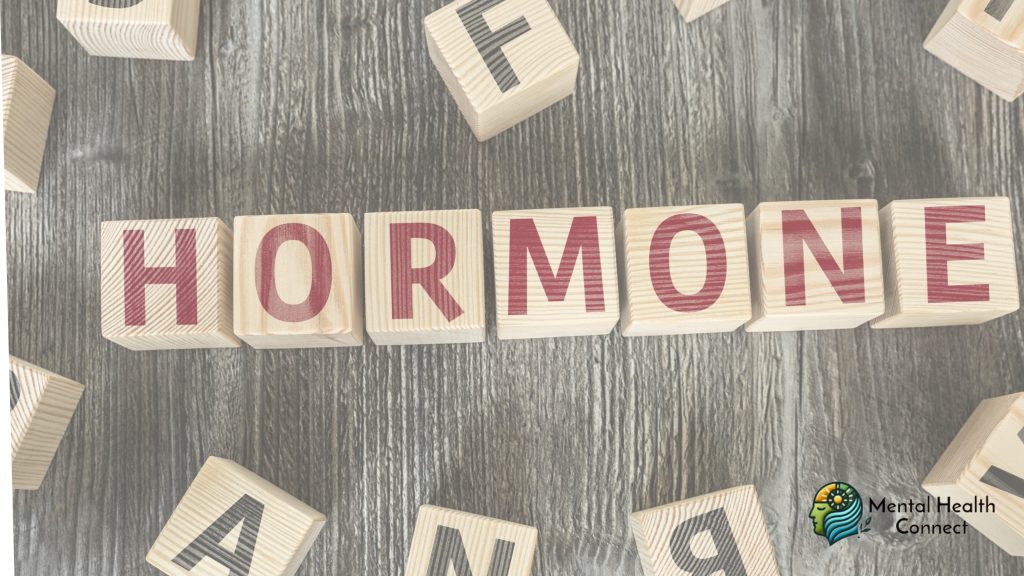
Hormonal Imbalances
- Testosterone affects libido in both men and women; low levels can significantly reduce desire
- Estrogen fluctuations can cause vaginal dryness, thinning of vaginal tissues, and reduced sensitivity
- Thyroid hormones impact energy levels, mood, and sexual desire
- Prolactin elevations can suppress sexual function and fertility
- Cortisol imbalances can interfere with other hormones
Cardiovascular Issues

Poor circulation can significantly impact sexual function:
- Atherosclerosis (hardening and narrowing of arteries)
- High blood pressure (hypertension)
- Heart disease and previous cardiac events
- High cholesterol contributing to vascular narrowing
- Peripheral vascular disease limiting blood flow
These conditions restrict blood flow to genital regions, contributing to male and female sexual dysfunction, particularly problems with arousal and erectile function.
Neurological Conditions
- Multiple sclerosis affecting nerve pathways
- Parkinson’s disease altering dopamine levels
- Stroke affecting brain regions controlling sexual function
- Diabetic neuropathy damaging nerve endings
- Temporal lobe epilepsy affecting hormonal regulation
Medication Side Effects
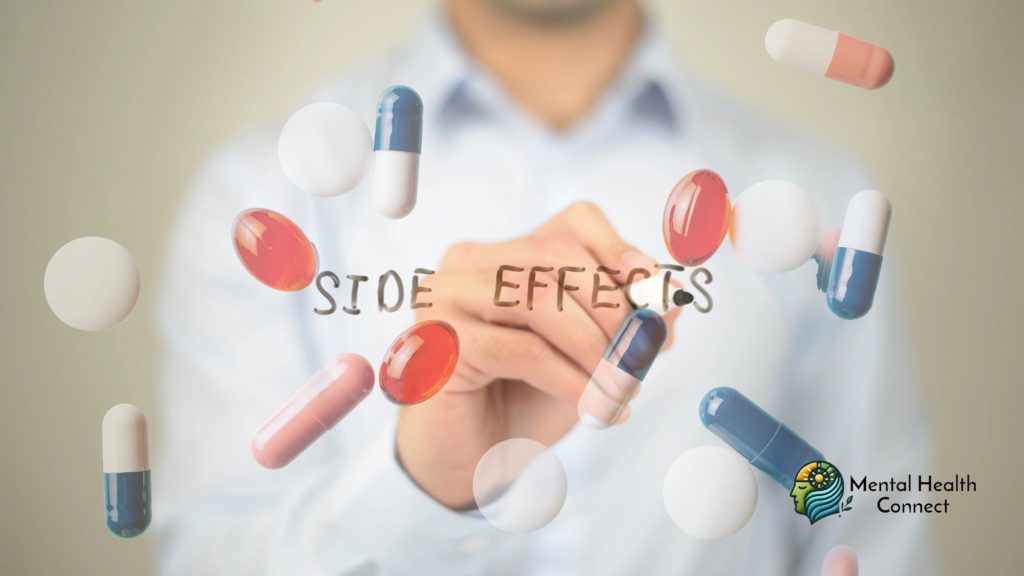
Many common medications can impact sexual function:
- Antidepressants
- Antihistamines causing dryness and reduced sensitivity
- Chemotherapy drugs affecting hormones and nerve function
- Some hormonal contraceptives altering desire and natural lubrication
- Antipsychotics affecting dopamine pathways
- Opioid pain medications reducing testosterone levels
Chronic Health Conditions
- Diabetes affecting blood vessels, nerves, and hormones
- Kidney disease altering hormonal balance
- Liver failure affecting hormone metabolism
- Sleep disorders reducing testosterone production
- Autoimmune disorders causing fatigue and discomfort
- Endometriosis causing painful intercourse for women
Psychological Causes
Stress and Anxiety
- Work-related stress elevating cortisol levels
- Financial concerns creating mental distraction
- Performance anxiety creating a cycle of failure and fear
- Body image concerns reducing confidence and comfort
- Generalized anxiety disorder affecting relaxation and focus
- Relationship tension creating emotional barriers
Depression
- Reduced interest in previously enjoyable activities
- Fatigue and low energy limiting sexual initiative
- Negative self-perception affecting sexual confidence
- Chemical imbalances affecting desire and arousal
- Medication side effects compounding primary symptoms
- Feelings of worthlessness affecting intimacy
Past Trauma
- Sexual abuse or assault creating triggers or aversions
- Traumatic sexual experiences establishing negative associations
- Negative messaging about sexuality during upbringing
- Religious or cultural shame surrounding sexual expression
- Medical traumas affecting comfort with physical examinations
Self-Esteem Issues
- Poor body image limiting comfort with exposure
- Low self-confidence affecting perceived desirability
- Feeling undesirable or unworthy of pleasure
- Concerns about sexual adequacy or performance
- Comparing oneself to unrealistic media standards
Relationship-Based Causes
Communication Problems
- Inability to express desires or boundaries
- Discomfort discussing sexual concerns openly
- Mismatched expectations about frequency or activities
- Lack of feedback during intimate encounters
- Assumptions about partner preferences without verification
Relationship Conflict
- Ongoing arguments or resentment affecting emotional connection
- Trust issues following infidelity or betrayal
- Power imbalances affecting sexual dynamics
- Feeling emotionally disconnected or unsafe
- Unresolved conflicts spilling into the bedroom
Mismatched Desires
- Different libido levels creating pressure or rejection
- Differing sexual interests or boundaries creating compromise challenges
- Changes in desire throughout relationship phases
- Differing priorities regarding intimacy and connection
Lifestyle Factors
Substance Use
- Alcohol consumption initially reducing inhibitions but impairing function
- Tobacco use reducing blood flow to genital regions
- Recreational drugs affecting hormones and neural pathways
- Anabolic steroids disrupting natural hormone production
Poor Physical Health
- Sedentary lifestyle reducing stamina and circulation
- Poor cardiovascular fitness limiting sexual endurance
- Obesity affecting hormones and mechanics of intimacy
- Lack of exercise reducing testosterone and endorphins
- Poor nutrition affecting energy and hormone production
Sleep Disturbances
- Insomnia reducing testosterone production
- Sleep apnea causing fatigue and hormonal disruption
- Shift work affecting circadian rhythms
- Poor sleep quality affecting mood and desire
When to Seek Help
Consult a healthcare provider when:
- Problems persist for several months despite self-help efforts
- Issues cause significant distress or relationship problems
- Sudden changes occur in sexual function without explanation
- Symptoms appear alongside other health concerns
Treatment Approaches
Medical Interventions
- Medication adjustments to reduce side effects
- Hormone therapy addressing imbalances
- ED medications improving blood flow
- Treatment of underlying health conditions
- Specialized devices or aids enhancing function
Psychological Support
- Sex therapy addressing specific dysfunction patterns
- Individual counseling for trauma or anxiety
- Couples therapy improving communication
- Cognitive-behavioral therapy changing negative thought patterns
- Mindfulness practices increasing body awareness
Moving Forward
Understanding the common causes of sexual dysfunction is crucial for effective treatment. Whether physical, psychological, or relationship-based, most sexual concerns can improve with appropriate intervention. Addressing these issues requires patience, open communication, and often professional guidance.
If you’re experiencing difficulties, remember you’re not alone. Sexual dysfunction is a medical issue deserving proper attention and care. By addressing these concerns directly, individuals and couples can return to satisfying intimate relationships.

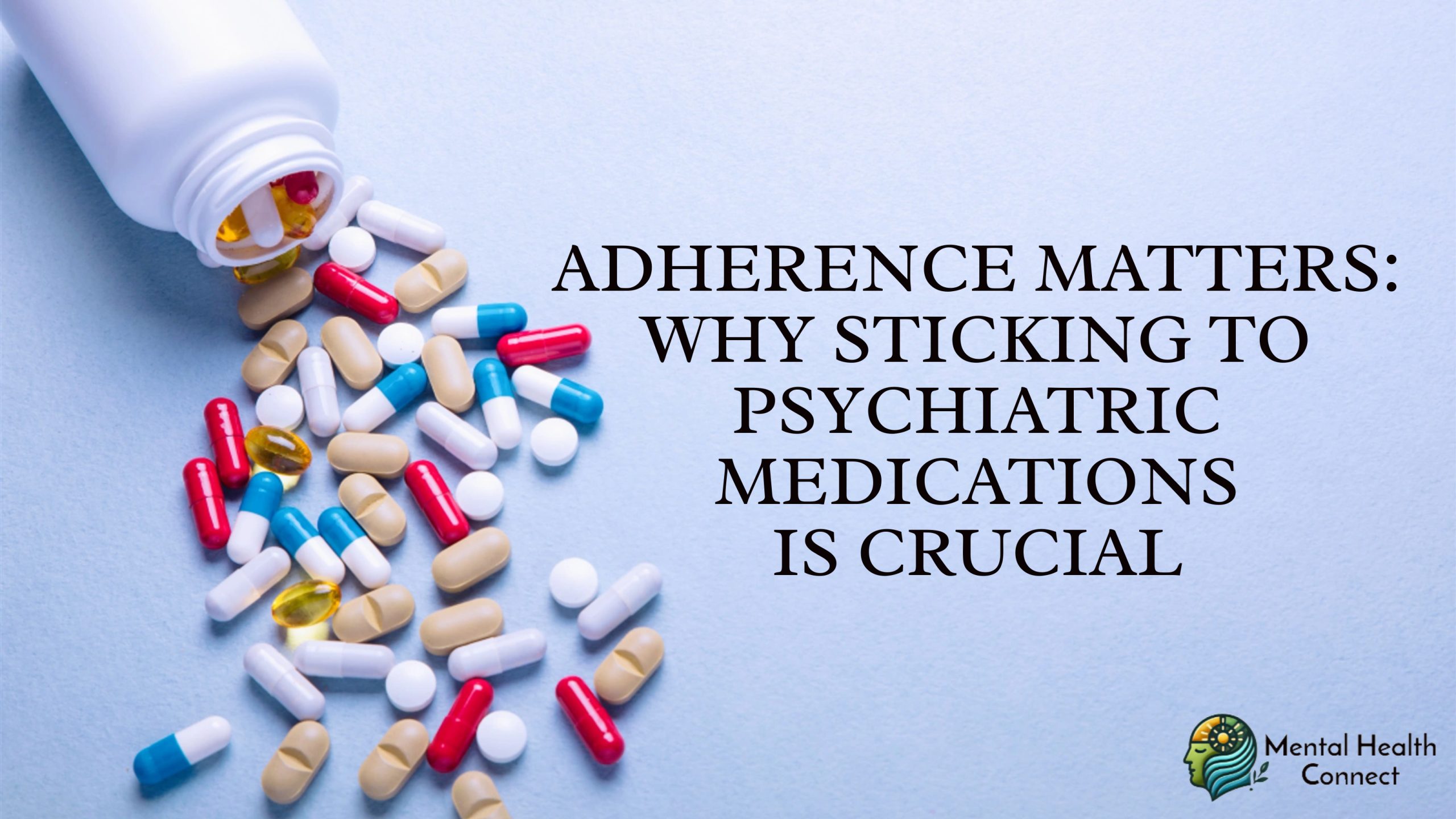
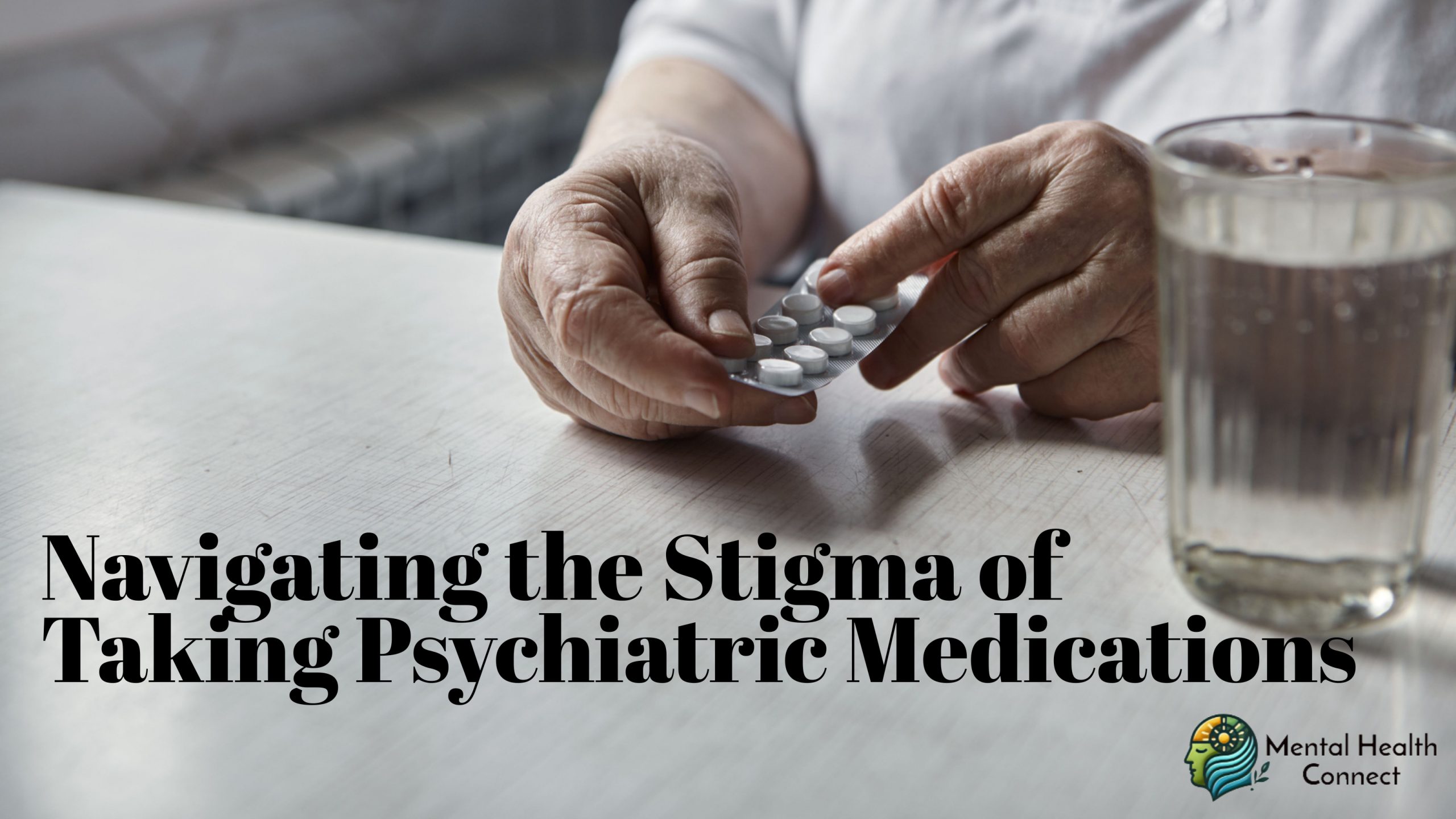
Leave a Reply